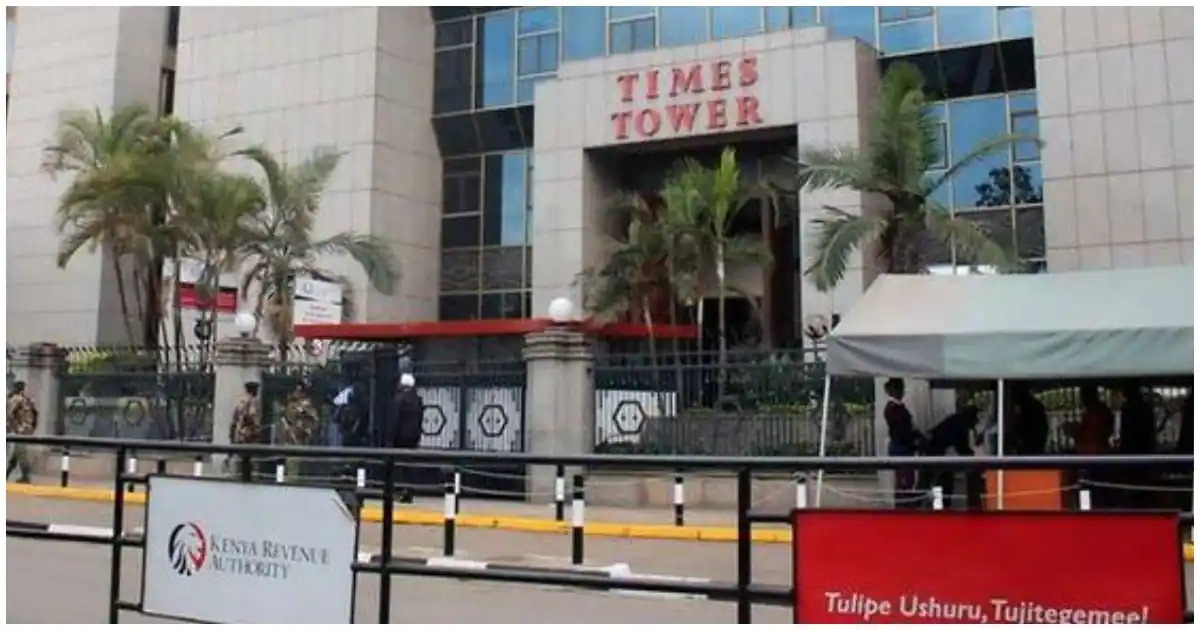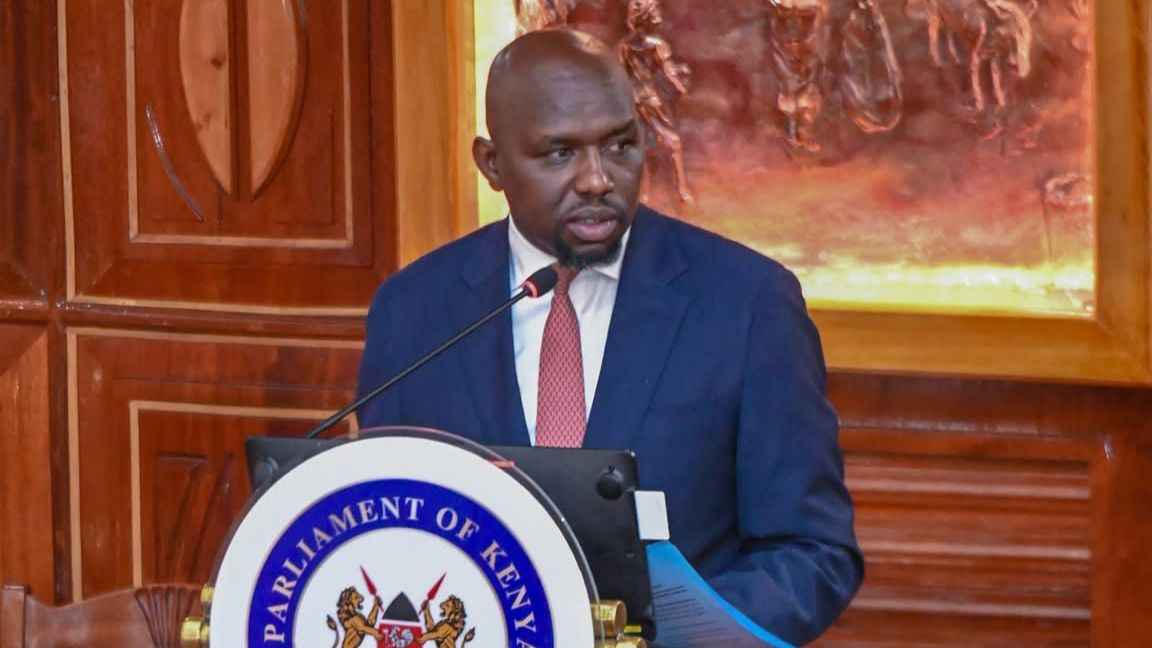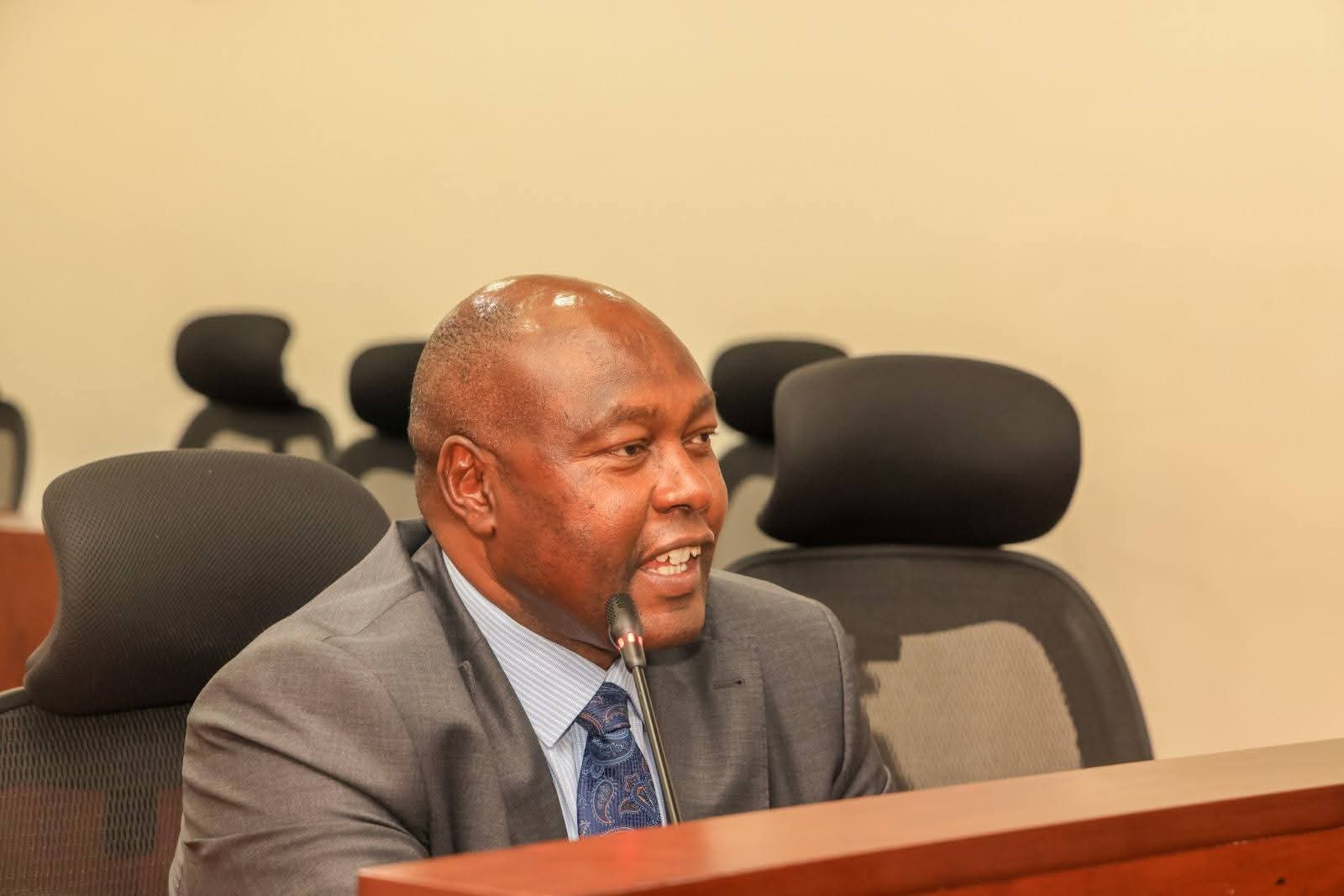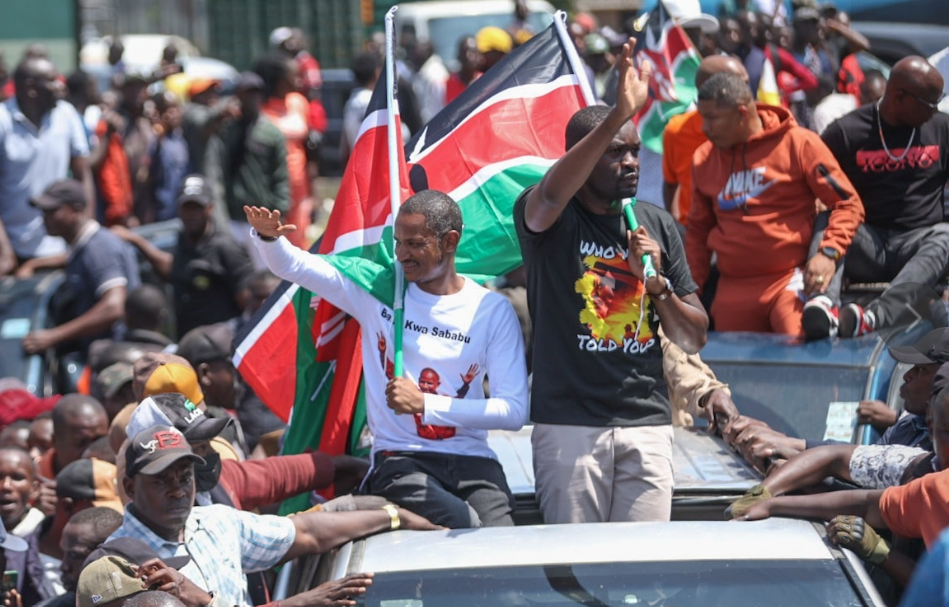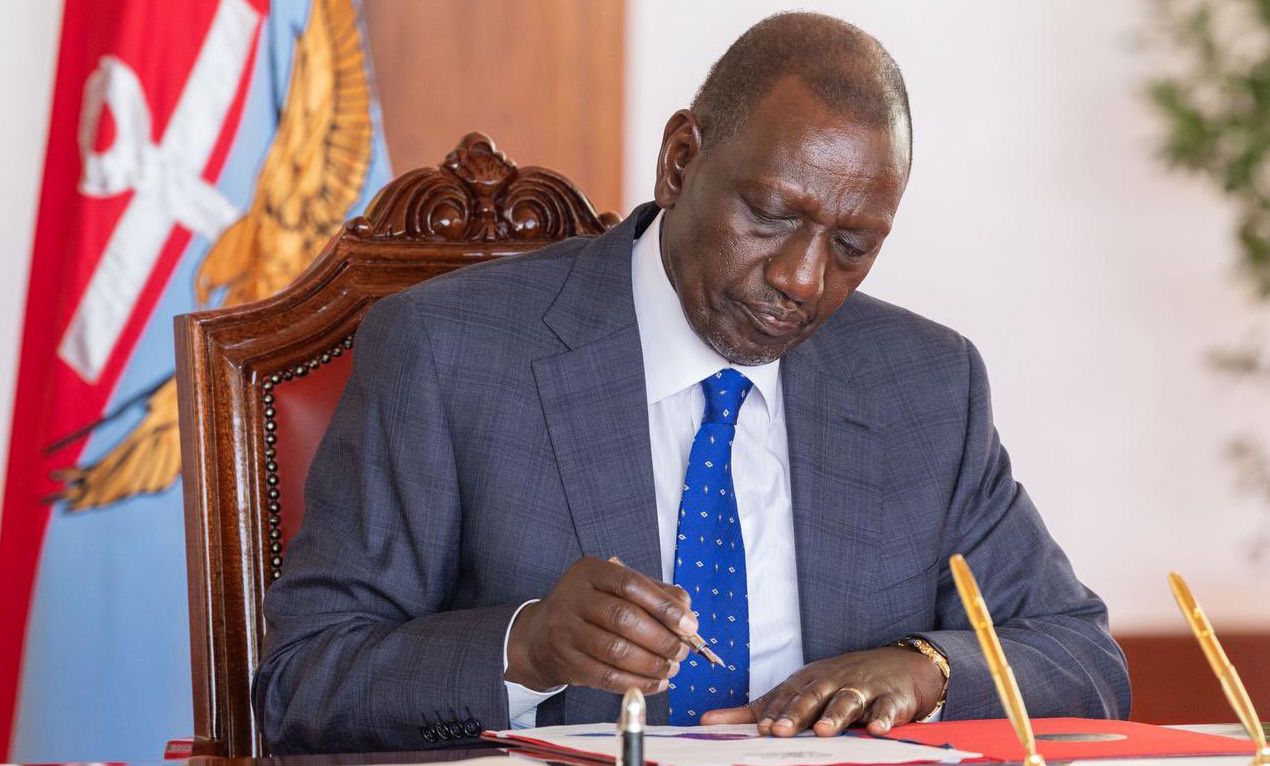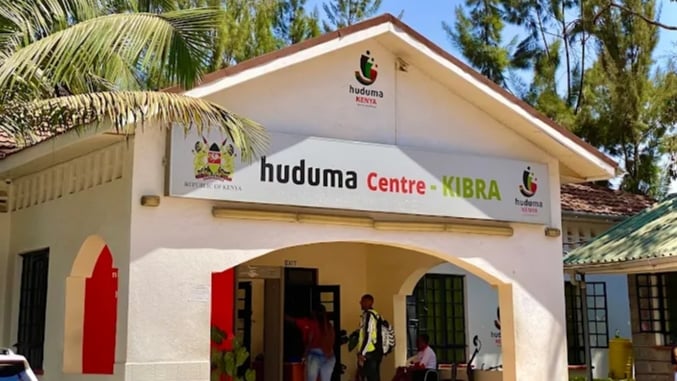The Kenya Revenue Authority (KRA) has outlined the procedures for collecting the Sugar Development Levy, which will apply to both locally manufactured and imported sugar.
In a notice on Thursday, July 30, KRA said the levy will be charged at a uniform rate of 4% but collected differently depending on the source of the sugar.
For domestically manufactured sugar, KRA noted that the responsibility to remit the levy lies with the millers.
"The levy shall be payable by every miller at the rate of 4% of the ex-factory price by the 10th day of the month immediately following the month when the sugar is manufactured," the notice read.
To facilitate this, KRA said millers are required to generate a payment slip using the iTax system.
Read More
"The millers will generate a payment slip through the iTax system under the tax head ‘Agency Revenue’ and tax subhead ‘Sugar Development Levy’, and make payments at KRA agent banks or via mobile money through eCitizen Paybill Number 222 222 or by dialling *222#,” the notice added.
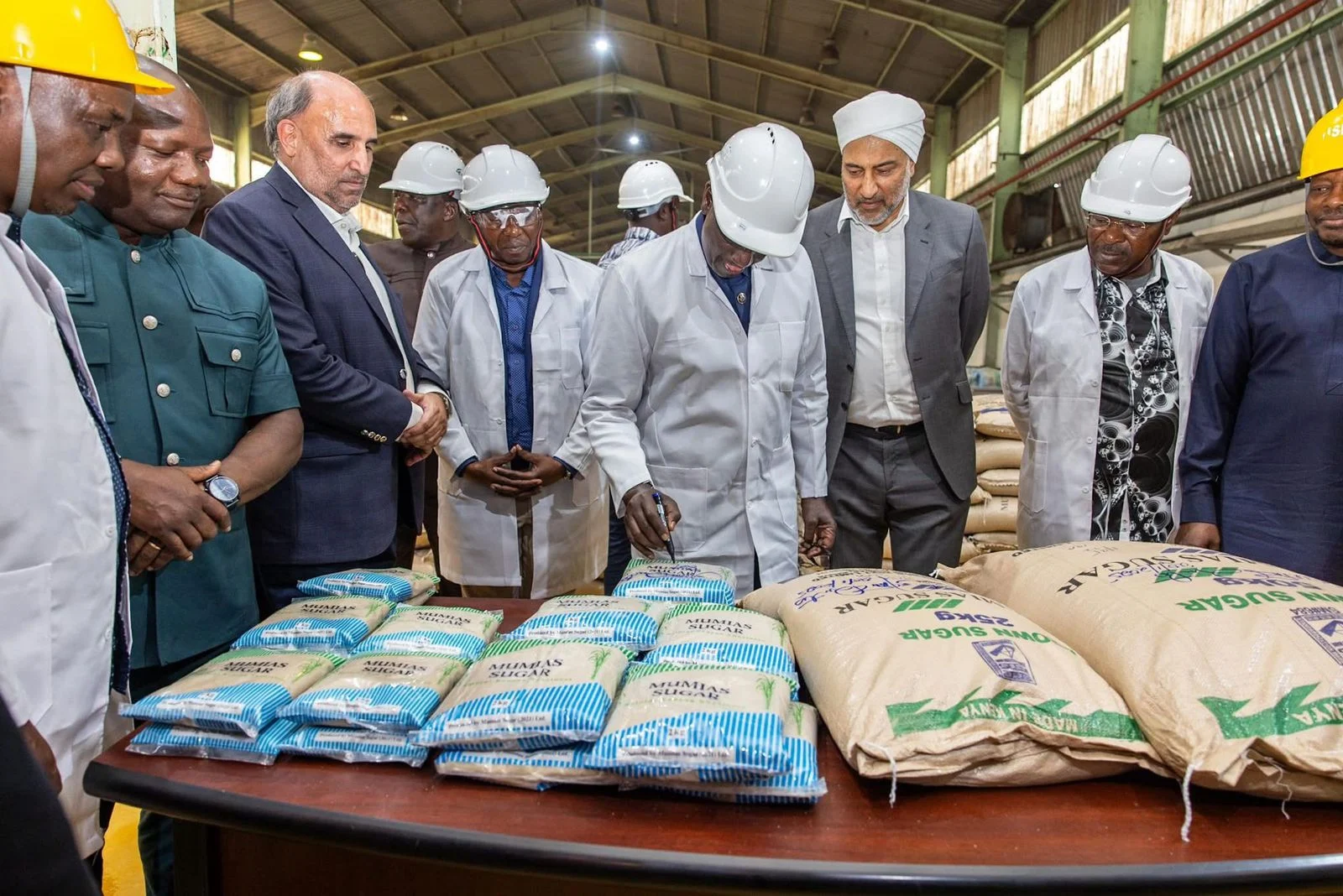
For imported sugar, KRA explained that the levy will be applied at the point of entry into the country.
"The levy shall be payable at the time of importation and declaration through Customs system, iCMS at the rate of 4% of the cost, insurance and freight (CIF) value of each consignment of imported sugar falling under EAC CET Tariff Headings 12.12, 17.01 and 17.03," the notice further read.
The Sugar Development Levy took effect on July 1 with KRA appointed as the collection agent for the levy.
The primary aim of the levy is to raise revenue for revitalising the sugar industry which has faced persistent challenges including failing production.
Annual proceeds, estimated at about Ksh4 billion, will be allocated across several key areas; 40% will go toward cane development programs, another 15% to rehabilitating state-owned mills and 15% for infrastructure in sugar-growing regions.
15% will go toward research and training through the Sugar Research Training Institute, 10% to administrative costs of the Kenya Sugar Board, and 5% to bolster farmer associations.
